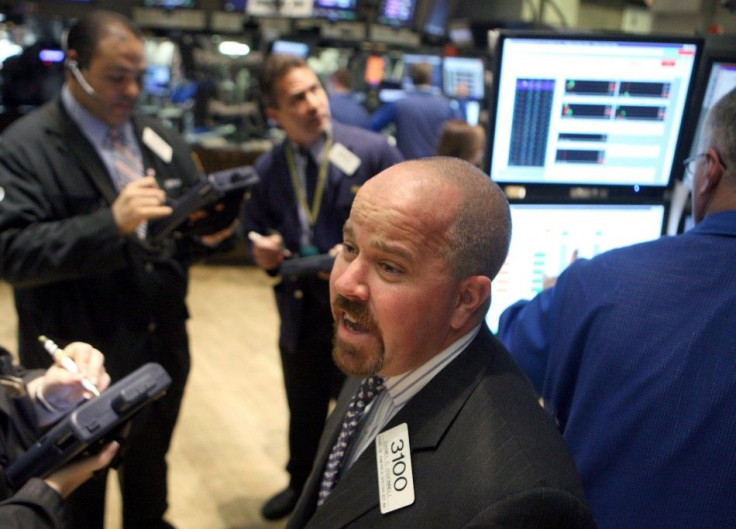Economic Growth In US And Sub-Saharan Africa Allay 2015 Recession Fears

Economic outlook for the U.S. and Sub-Saharan Africa give investors some hope of avoiding a recession in 2015. However, there are still concerns in some parts of the globe. The Ebola virus outbreak and tensions with Russia are some of the notable issues concerning the global economic growth.
According to Mr. Marco Pani, of the IMF African Department, infrastructure, services and agriculture are driving the growth in the Sub-Saharan African region. The economic outlook for 2014 and 2015 by IMF sees a "robust regional expansion" with particular emphasis on the growth story of Nigeria.
The IMF projects a GDP growth rate to be 5 percent in 2013-2014 in Sub-Saharan Africa and this is expected grow further to 5.75 percent in 2015. The only concern that may drag the region into a recession in 2015 is the Ebola virus outbreak.
The numbers from some of the developed countries also look promising. In a statement to the International Monetary and Finance Committee, the U.S. Secretary of the Treasury said that the country's employment report showed that there have been job gains and this shows an underlying strength in the fundamentals of the country. He expects the U.S. economy to grow at an "above-trend pace" this year as well as the next.
The U.S. Secretary of the Treasury, Mr. Jacob J. Lew, also pointed out that developed countries like Australia, Canada and the U.K. have recorded good growth this year. He further said that although there are countries showing strong growth, the overall global economy grew at a slower than expected 3.3 percent in 2014.
The IMF Director of the Research Department, Mr. Olivier Blanchard, said in a press briefing on World Economic Outlook that the world growth numbers were misleading. This he said was because the world GDP growth is uneven, with some countries having come out of the recession of 2008 while others were still struggling. He said that there is a need to look at the numbers from country to country to better understand the current situation.
He also pointed out that the U.S. and U.K. have successfully overcome the 2008 recession and are achieving decent growth. He highlighted the growth problems faced by Russia, where he said the Ukraine crises made things worse, and Brazil is faced with a prospect of low investment and "very, very low growth."






